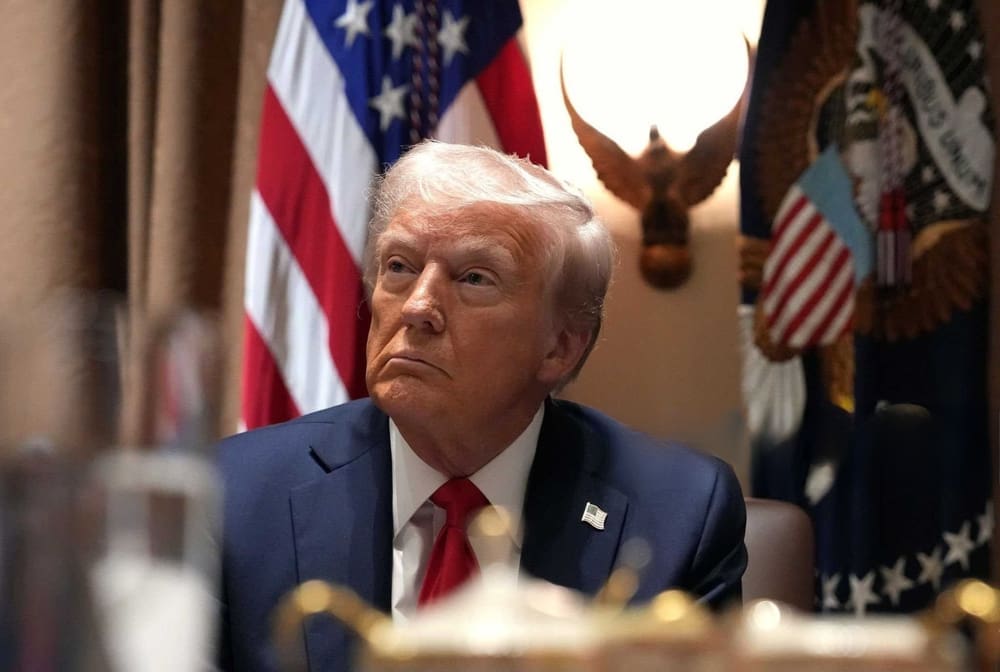The Supreme Court has granted the Trump administration the authority to employ the Alien Enemies Act, a law dating back to 1798, to facilitate the deportation of Venezuelan migrants identified as gang members. This decision ends the temporary suspension of deportations previously ordered by a federal district judge. However, the court also mandated that Venezuelans accused by the administration be given the opportunity to contest any deportation orders legally. The ruling notably did not address the broader implications of President Trump’s invocation of the act.
Last month, the wartime law was utilized to deport over 130 men, allegedly members of the Tren de Aragua gang, to El Salvador, where the U.S. government has arranged for their detention in a well-known prison. The administration argues that the gang poses an invading threat. Concerns have been raised as the deported individuals were not afforded a chance to challenge the orders, with many attorneys arguing a lack of evidence to support gang affiliations.
The American Civil Liberties Union (ACLU) considers the ruling a significant achievement in ensuring the right to challenge removal orders. The Trump administration has welcomed the decision, with Attorney General Pam Bondi asserting that an “activist judge in Washington, D.C. does not have the jurisdiction to override President Trump’s foreign policy authority.”
Understanding the Alien Enemies Act
The Alien Enemies Act was enacted in 1798 amid U.S. preparations for a potential conflict with France, granting the president extensive powers to detain and deport noncitizens during wartime. Historically, the act has been invoked only three times—in the War of 1812 and both World Wars. It served as a legal foundation for the internment of over 120,000 individuals of Japanese descent, including U.S. citizens, during World War II.
Application of Wartime Laws in Peacetime
The Trump administration contends that the nation faces an “invasion” of unauthorized migrants, with border arrests reaching unprecedented levels. In response, eight Latin American criminal groups, including Tren de Aragua, have been designated as “foreign terrorist organizations.” The administration’s framing of the immigration situation as a war is reflected in public statements and the invocation of the Alien Enemies Act on March 15, coinciding with deportations.
Critics argue that the act’s application without a formal war declaration is a misuse of power, threatening civil liberties. Legal challenges have been mounted by organizations such as the ACLU and Democracy Forward, contesting the deportation of Venezuelans under the act. Judge James E. Boasberg’s orders initially halted the deportations, but some flights proceeded to Central America.
Reflecting on the Ramifications
- The decision to use the Alien Enemies Act raises concerns about potential overreach of presidential powers during peacetime, affecting perceptions of civil liberties.
- Communities and legal advocates may see this as setting a precedent for future administrations to exploit wartime laws in civilian matters.
- Individuals and families within immigrant communities may experience heightened anxiety and fear of deportation without due process.
- The ruling could prompt increased legal scrutiny and advocacy efforts aimed at protecting immigrant rights and challenging executive actions.
- Public discourse around immigration policies may become further polarized, influencing political campaigns and shaping future legislative agendas.











